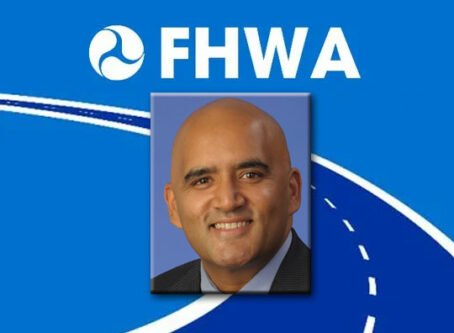Appellate court rules Werner’s tax-free, per diem program considered wages
The United States Court of Appeals for the Eighth Circuit has sided with Werner Enterprises in a class action wage case involving tens of thousands of drivers. At the heart of the case is whether or not a tax-exempt per diem program counts toward drivers’ wages. Appellate judges ruled that they do.
On Wednesday, Nov. 14, an appellate panel affirmed a lower court’s decision that tax-exempt reimbursements for travel expenses can be used to calculate a driver’s pay.
In a lawsuit filed in 2012, more than 52,000 drivers for Omaha, Neb.-based Werner Enterprises claimed that the company had maintained an unlawful pay system for at least five years. Drivers were referring to Werner’s per diem program.
Werner’s per diem program
According to the complaint, Werner’s per diem program provided reimbursements to drivers by compensating them for the reasonable approximate amounts incurred because the driver traveled over the road on business. Compensation was designated as “reimbursements” and not wages.
Werner team and solo drivers are paid by the mile while student drivers are paid by the day. A computer algorithm is used to ensure a driver’s pay is at least equal to the federal minimum wage. The system determines whether a driver has been paid under minimum wage by using an automatic formula to determine the amount of compensable time and the total wages paid each workweek to each driver. If the wages are lower than the minimum wage multiplied by the number of compensable hours, Werner supplements the driver’s income so that the two numbers are the same.
Student drivers participating in the per diem plan received a low taxable daily rate and static, untaxed payments for every day they were considered away from home overnight. Participating experienced drivers received one portion of their pay based on a mileage rate, subject to taxes, and the other portion as payments consisting of a nontaxable sum based on the per diem plan mileage rate for days spent driving away from home overnight.
Drivers electing not to participate in the plan received all of their pay, based on various per-mile rates, subject to employment and income taxes. To the extent nonparticipating drivers incurred meal and other incidental expenses while traveling, such expenses could be validated with receipts and deducted on their annual income tax returns. Participating drivers, however, could only deduct such expenses on their annual tax returns when the expenses exceeded their payments, subject to the daily limit imposed by the federal meal and incidental expenses rate.
Per 29 CFR Section 778.217, “Payments made by the employer to cover such expenses are not included in the employee’s regular rate … Such payment is not compensation for services rendered by the employees during any hours worked in the workweek.”
However, the Werner driver log system determines weekly wages by considering payments made under the per diem program, payments intended to reimburse drivers for travel expenses as wages. As a result, the wage computer system grossly over calculated the amount in wages paid to each drivers, plaintiffs claimed in the lawsuit.
The lawsuit claims that because of over calculating wages and under calculating hours worked each week, the computer algorithm ultimately compensated plaintiffs at a rate well below minimum wage.
In one example, the complaint claims during one workweek a driver received a paycheck for $16.71 for wages and $144 as per diem reimbursements. The driver worked at least 32 hours of compensable time, including 11.75 hours actively driving. With a $16.71 paycheck, the driver’s pay rate was below $1 per compensable hour worked.
Exempt reimbursements or wages?
Plaintiffs argue that because payments under the plan are reimbursements for traveling expenses, they should be excluded from pay rate calculations. If excluded, plaintiffs claim that they do not make a minimum wage.
Werner disagreed, claiming that for purposes of calculating the employees’ pay rate in determination of minimum wage requirements, the per diem payments are not reimbursement for reasonable travel expenses, Instead, they are wages, since they actually compensate the class drivers for services rendered.
The district court evaluated whether the payments were reimbursements for expenses incurred solely for Werner’s benefit or convenience and whether the payments approximated actual expenses. After analyzing the info, the lower court determined that the payments were part of the regular pay rate.
“The fact that these payments at all times reflected hours worked and functioned as a wage rather than a true per diem expense reimbursement, and also that the payments plus the taxable wage received by the participating employees were ‘suspiciously close’ to the total taxable wage of nonparticipants, was equally persuasive in the court’s evaluation of the matter,” the appellate court reiterated.
Essentially, because these payments for the drivers are based upon the amount of work performed (miles driven), they are part of the drivers’ regular rate, the court ruled.
“The Eighth Circuit Court of Appeals determined Werner’s drivers were not underpaid when the company counted their per diem payments as wages,” Nathan Meisgeier, executive vice president and chief legal officer of Werner, told Land Line in a statement. “In fact, the court observed that drivers who elected to participate in Werner’s per diem program received more take-home pay than those who elected not to participate in the program.”
Attorneys for the Werner drivers could not immediately be reached.









